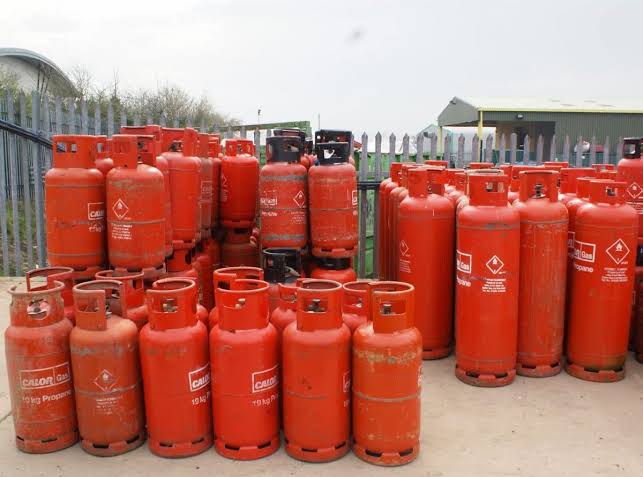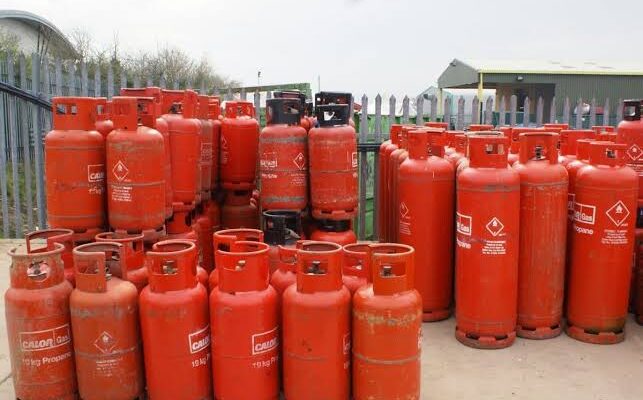
The cost of liquefied petroleum gas (LPG), commonly known as cooking gas, has recently shown a downward trend across Nigeria. Residents in Ogun, Lagos, Oyo, and other states have reported that the average price of 1 kilogram of cooking gas has decreased to around N1,000 or less, depending on the location and vendor.
Earlier this year, between February and March, the price of LPG surged to approximately N1,300 per kilogram in some areas. The National Bureau of Statistics (NBS) reported a significant 46.88% increase in the price of a 12.5kg cylinder of LPG over the past year, with the average cost rising from N10,253.39 in February 2023 to N15,060.38 in February 2024.
The recent price reduction is attributed to several factors, including the rebound of the naira from about N1,900 per dollar to approximately N1,500, and government efforts to boost the availability of domestically produced LPG. Ekperikpe Ekpo, the Minister of Petroleum Resources (Gas), emphasized the government’s initiatives to stabilize prices by increasing domestic production and reducing reliance on imported LPG.
Consumers across various states have noticed the price drop. For instance, Adedokun Ojo from Lagos reported buying LPG at N940 per kilogram, while Uzor Nneka in Enugu purchased it for N1,000 per kilogram. Similar price reductions were observed in Ogun, Kwara, and other states.
Despite the current decline, industry operators caution that prices may rise again due to the volatility of foreign exchange rates. The Nigerian Association of Liquefied Petroleum Gas Marketers highlighted concerns that gas prices, pegged to the dollar, could fluctuate, affecting the stability of domestic LPG costs.
The government has also waived Value Added Tax and customs duties on gas and related equipment to further reduce prices. Ekpo assured that prices are expected to decrease further as more domestically produced LPG enters the market.
However, there are warnings that if the government does not address the pricing of locally produced LPG in foreign currency, the recent gains may be short-lived. The ongoing challenges with fuel subsidy removal and naira floating have already forced many Nigerians to revert to traditional cooking methods, raising health concerns highlighted by the International Energy Agency.
The situation remains dynamic, and while recent efforts have provided some relief, the long-term stability of cooking gas prices in Nigeria remains uncertain.

Comments